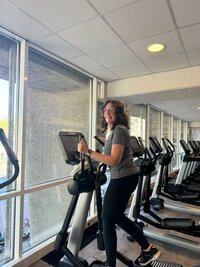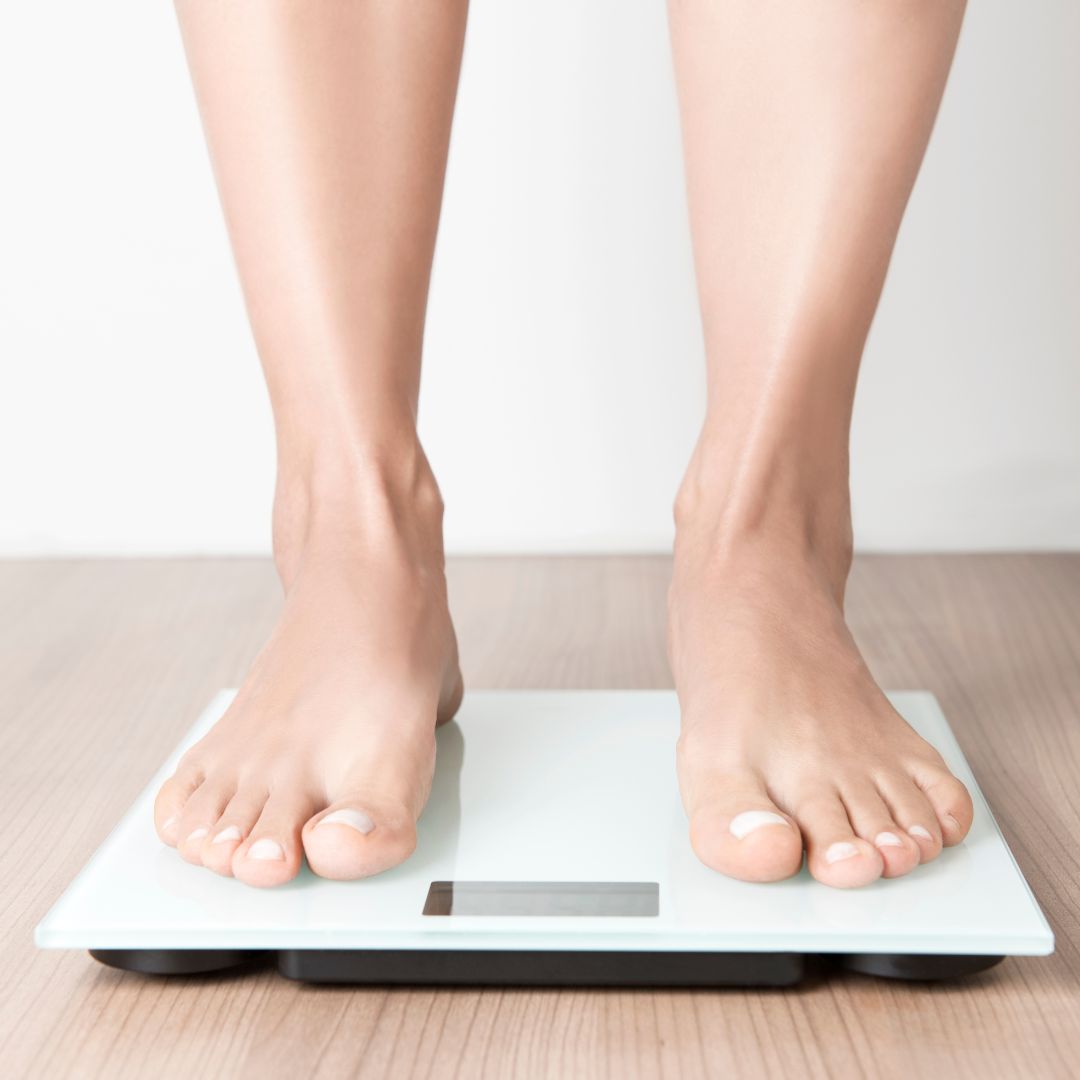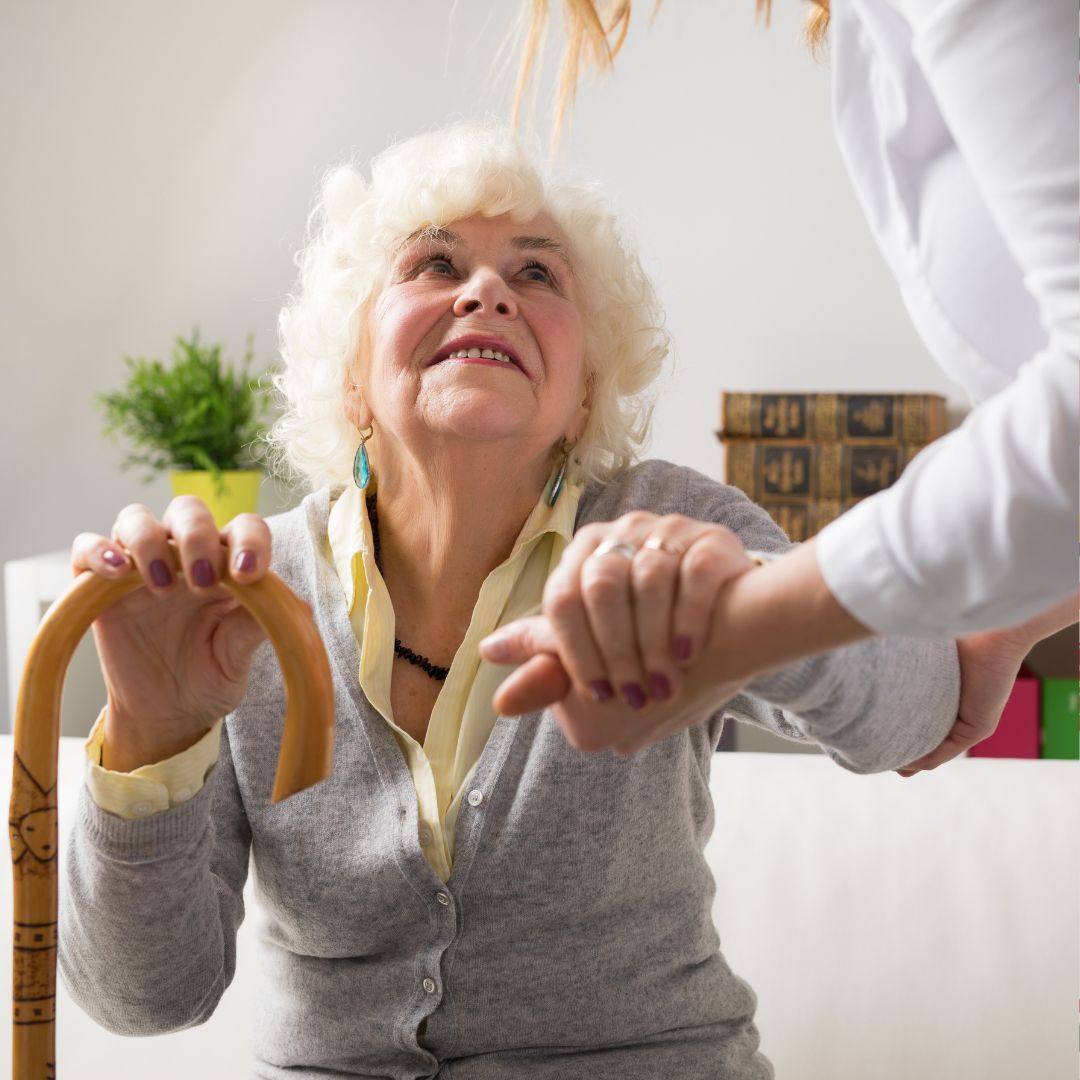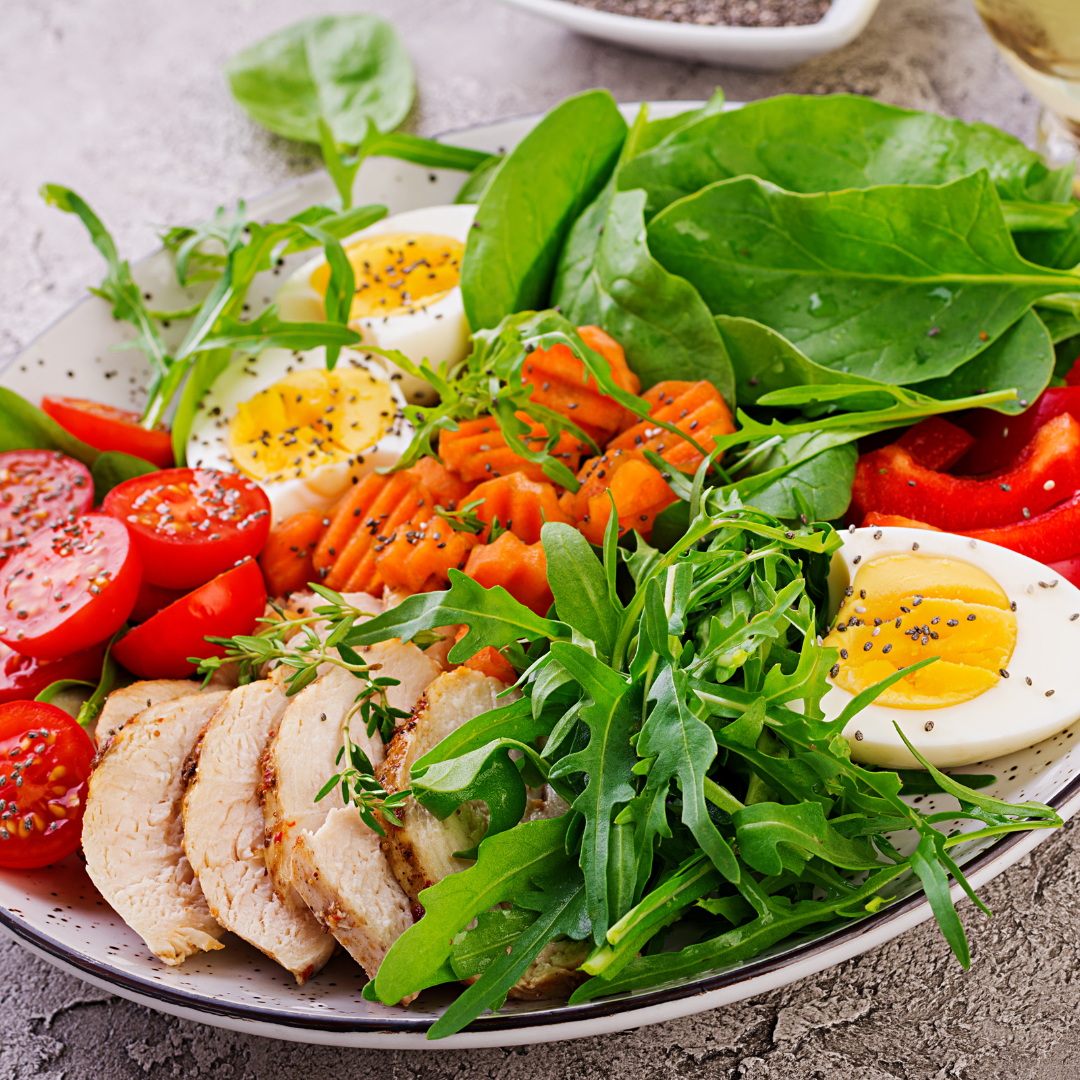There are no products in your shopping cart yet.
How do I lose weight quickly?

Vacation weight is a subject of (great) concern for many women It was a fun time but how do you get rid of the indulgent pounds again
When you are still young it is easier
When you are still (relatively) young, it is often doable with a period of exercise, no more snacking, and no more alcohol. You quickly return to your target weight. When you set yourself up for it, there is nothing wrong with it. You live your life as you want, and now and then, or regularly, you go for the reset. I know quite a few people who eat and drink what they want on the weekend and stick to healthy eating during the week. It's a nice balance that can work very well. Discipline during the week is the key. Eating healthy, staying active, and sleeping well. This doesn't work on willpower but on discipline.
The aging body, unfortunately, no longer releases fat and fluid as easily
Suddenly you start to notice that it takes longer to get back to your weight. That the impact of "partying" is generally greater. You feel less fit after a weekend of alcohol and snacks. Recovery takes longer. Slowly but surely you are gaining a little more weight.
As you get older, your body and metabolism undergo changes that: make it harder to lose weight, cause you to gain weight faster, and slow down recovery, for example, after a night out.

The aging body and weight loss
Factors that play a role:
- Hormonal changes
In both men and women, there are hormonal changes with aging. In women, menopause plays a role, causing estrogen levels to drop and fat distribution to change (for example, more fat around the abdomen). In men, testosterone production decreases, reducing muscle mass and energy expenditure.
- Muscle loss (sarcopenia)
People gradually lose muscle mass, which contributes to a slower metabolism. Less muscle mass means fewer calories burned, which can lead to weight gain, even if you maintain the same diet. The scary image in the photo below is my biggest motivation to do weight training 5 times a week.

General estimates of muscle mass loss:
30 to 40 years: The loss of muscle mass is very small, about 0.5% per year. 40 to 50 years: The loss remains the same or increases slightly, on average about 0.5-1% per year. 50 to 60 years: The loss becomes more noticeable, usually around 1-1.5% per year. From 60 years: The loss can accelerate further, to 1-2% per year or more.
Men and women typically lose 15-35% of their muscle mass by the time they reach 60 years, depending on their health, activity level, and hormones.
- Change in lifestyle
As people age, they often become less physically active. This can be due to more sedentary jobs, less energy, or physical limitations. A lower level of activity contributes to weight gain and a slower metabolism.
- Sleep quality
Older people often experience changes in sleep quality, such as more interrupted sleep or shorter sleep duration. Lack of sleep can lead to an increase in the stress hormone cortisol, which is linked to weight gain, especially around the abdominal area. Poor sleep also disrupts hormonal balance, causing your hunger hormones (leptin and ghrelin) to become imbalanced, increasing appetite.
- Alcohol tolerance and recovery
As you get older, your body becomes less efficient at processing alcohol. The liver breaks down alcohol more slowly, and recovery takes longer. You may also feel more tired the next day because sleep quality is reduced due to alcohol consumption.
- Insulin resistance
Insulin resistance plays an important role in the changes your body undergoes as you age and can contribute to problems such as difficulty losing weight, gaining weight more quickly, and reduced energy. Below we will explain this further.

What is insulin resistance?
Insulin resistance means that the cells in your muscles, fat, and liver respond less well to insulin, the hormone that helps absorb glucose (sugar) from the blood. As a result, the pancreas has to produce more and more insulin to get glucose into the cells. When this process gets out of balance, more glucose remains in the bloodstream, which can eventually lead to higher blood sugar levels and type 2 diabetes.
How does insulin resistance affect weight gain and weight loss?
a. Fat storage
When insulin is not effective, glucose remains in the blood instead of being used as energy by the cells. This can lead to an increase in fat storage, especially around the abdomen, as excess glucose is converted into fat.
b. Less effective fat burning
Insulin is also a "storage hormone," which means the body remains in fat storage mode as long as insulin levels are high. This makes it difficult to burn fat and lose weight, even if you try to eat less or exercise more.
c. More hunger and cravings
Insulin resistance can lead to fluctuations in blood sugar levels, which cause feelings of hunger and food cravings, especially for carbohydrate-rich foods. This makes it difficult to control your calorie intake.
d. Visceral fat
Insulin resistance promotes the accumulation of visceral fat (fat around the organs), which is not only harder to lose but also increases the risk of cardiovascular disease and type 2 diabetes.
e. Insulin resistance and recovery after alcohol or bad nights
Insulin resistance can also affect how you recover after a heavy night or bad night's sleep.
f. Disrupted blood sugar levels
Alcohol can disrupt blood sugar levels, and if you are already insulin resistant, this effect can be even stronger. This makes you feel more tired and sluggish.
g. Increased levels of inflammation
Insulin resistance is often associated with chronic inflammation in the body. This slows down the recovery process after physical exertion, poor eating, or a night out.
Age and insulin resistance
As you get older, the likelihood of insulin resistance increases. This is due to various factors, such as hormonal changes, reduced muscle mass, increased body fat, and a more sedentary lifestyle. Genetics and lifestyle choices, such as diet and physical activity, also play a role.
What makes weight loss so difficult
All these factors make it harder to lose weight, gain weight faster, and recover more slowly, for example after a night out. Hormonal imbalances, muscle loss, a slower metabolism, insulin resistance, and less physical activity all play a role.

Weight loss plan
- Ensure your hormones are balanced and use cream.
It is hardly possible to lose weight when your hormones are out of balance. Often people think the opposite: I use cream, so I lose 10 kg without having to do anything. Unfortunately, that is usually not the case. Most often, you need the menopause cream.
- Exercise a lot.
Make sure to maintain muscle strength and endurance. The same applies here. You don't lose weight just by exercising. But it is very difficult to lose weight (healthily) without exercising. It's not about the calories you burn during exercise but about all the other hormones (serotonin, dopamine, insulin, thyroid) that get balanced. Everything flows better when you exercise a lot. Just walking usually won't cut it. And once a week won't either. As mentioned above, increasing muscle mass leads to an increased metabolism.
- Ensure stable blood sugar
Take Berberine or, if eligible, something like Ozempic. I understand the resistance to pills; you should be able to do it on your own. But the reality is, unfortunately, that satiety and hunger hormones are out of balance when you are (long-term) overweight. Even worse, everything in your body and mind is focused on maintaining the higher weight. In my practice, I see many women and men who only start to lose weight after they accept the help of medication. And then finally find peace. Additionally, eat a low-carbohydrate, protein- and fat-rich diet.
- Eat a lot of protein and healthy fats so your insulin resistance can recover
Carbohydrates cause a high blood sugar spike, and fat and protein hardly do. Your body can calm down and recover when you replace carbohydrates with healthy fats and proteins.
Online, there are many programs to eat ketogenic (protein- and fat-rich diet). Choose a program with little dairy. You can make everything tasty with cream and cheese, but for most people, this is not an option because they have difficulty digesting dairy. In addition, dairy has the annoying property of still producing a lot of insulin. As a result, you do not lose weight and do not feel better in the end.
You can also install an app like FatSecret and track how many carbohydrates you eat. If you really want to go for it, stay below 20 grams of carbohydrates. Or start with around 50 grams of carbohydrates. For muscle building, it is important to eat enough protein. Recommended amount: 1.2-1.5 grams of protein per kilogram of body weight per day. Check in FatSecret how much protein, for example, your portion of meat or fish provides.
It is really possible to weigh what makes you feel good. Once you are in the flow, you will see how easy it actually is.
 English
English


